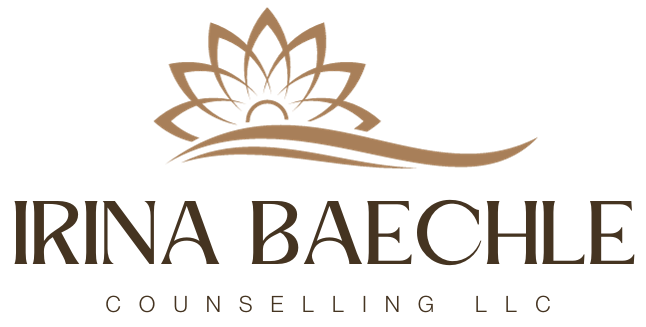How to Survive and Thrive in a Happy Relationship: Guilt and Self-Care
For many of my clients in Wake Forest couples therapy, the guilt lies underneath the resistance for self-care. The truth is that many of us, especially women, feel guilty about taking care of ourselves.
How often do you apologize for taking time to yourself or feel selfish for putting your needs first?
Do you judge yourself because you are reading a book or taking a yoga class when you have much more important things to do?
Self-care is an essential aspect of good mental health, well-being, and healthy relationships. When we take care of ourselves, we are taking care of our family members too. When you practice self-care, you bring rested, patient, and abundant energy into your family members’ lives. You are not expecting them to be perfect because you have a reservoir of energy to cope with their flaws, and you are not going to lose it for every slip-up.
Commonly, the reasons why we feel guilty about self-care lie in our childhood. Beliefs that we internalize in childhood can have long-lasting effects on our health, relationships, and behavior. Many of my female clients in marriage counseling struggle with this disturbing inner voice that makes them feel guilty about taking care of themselves.
Deep down, many of us believe that we are undeserving of abundance and happiness in life because we have been culturally conditioned from a very early age to take care of others.
In most cultures worldwide, women have internalized the belief that they need to be self-sacrificing, caring, and giving. We take on all these responsibilities to be perceived as good and loving persons.
However, I often hear in couples therapy in Wake Forest that these self-sacrificing women feel depleted inside. During our therapy sessions, they unpack internalized messages from childhood that provoke self-care-related guilt.
Every time they take care of themselves, their inner critic is scolding them for not being giving or caring enough.
How to Deconstruct What’s Underneath Your Sense of Selfishness
Why do we feel guilty about taking care of ourselves when self-care should be one of the most critical aspects of our well-being?
As I already mentioned, guilt and feelings of selfishness stem from our upbringing, from our parents’ values and beliefs that we internalized during childhood.
Your inner child represents the sum of your past experiences that significantly shaped your development. In other words, the inner child is your way of being.
Couples therapy in Wake Forest can be a safe place to get in touch with your inner child and debunk those myths of selfishness, self-sacrifice, and people-pleasing.
How Marriage Counseling in Raleigh Can Help You Reconnect with Your Inner Child
Marriage counseling can help you understand that it is not yourself but your internalized inner critic who makes you feel guilty about taking care of yourself.
Such negative self-concepts internalized in childhood can cause you to struggle with low self-esteem, turn into a people-pleaser, and feel guilty each time you put yourself first.
In our marriage counseling sessions, you will get to work on your inner child and get to know yourself. Marriage retreat in NC can help you rekindle with your partner and reconnect with yourself and learn that it is good to love yourself and take care of yourself.
Couples therapy can help you separate yourself from the business of your life and simplify the things in your life to feel fulfilled and have the energy to be present with your partner and your children.
Self-care is a powerful way to take care of others – one of the best things you can do for your spouse, children, and other people you love is to take care of yourself.
The inner child work is an essential step in addressing your thinking patterns and internalized critical voices that prevent you from taking care of your needs. It will help nurture self-compassion for your adult self, allowing you to take care of your needs without feeling guilt-ridden.
Couples therapy can be a secure environment to listen to what your inner child has to tell you. You will learn how to let it express all guilt, shame, fear, and resentment that have been suppressed for a long time.
You will revisit your childhood memories and conditioned patterns and allow your adult self to protect and support your inner child by practicing self-care without self-blame.
Summary
Many women are culturally conditioned to think of themselves as caretakers who always put others’ needs first. A marriage retreat in NC can be a good place you develop self-care strategies that will help you reconnect with yourself and the people around you without self-blame.
If you have any questions or would like to schedule an appointment in my Wake Forest or virtual office, do not hesitate to call me at (703)-347-3200 for your free of charge 15-min phone consultation. You can also book your free 15 min phone consultation online by clicking here.

